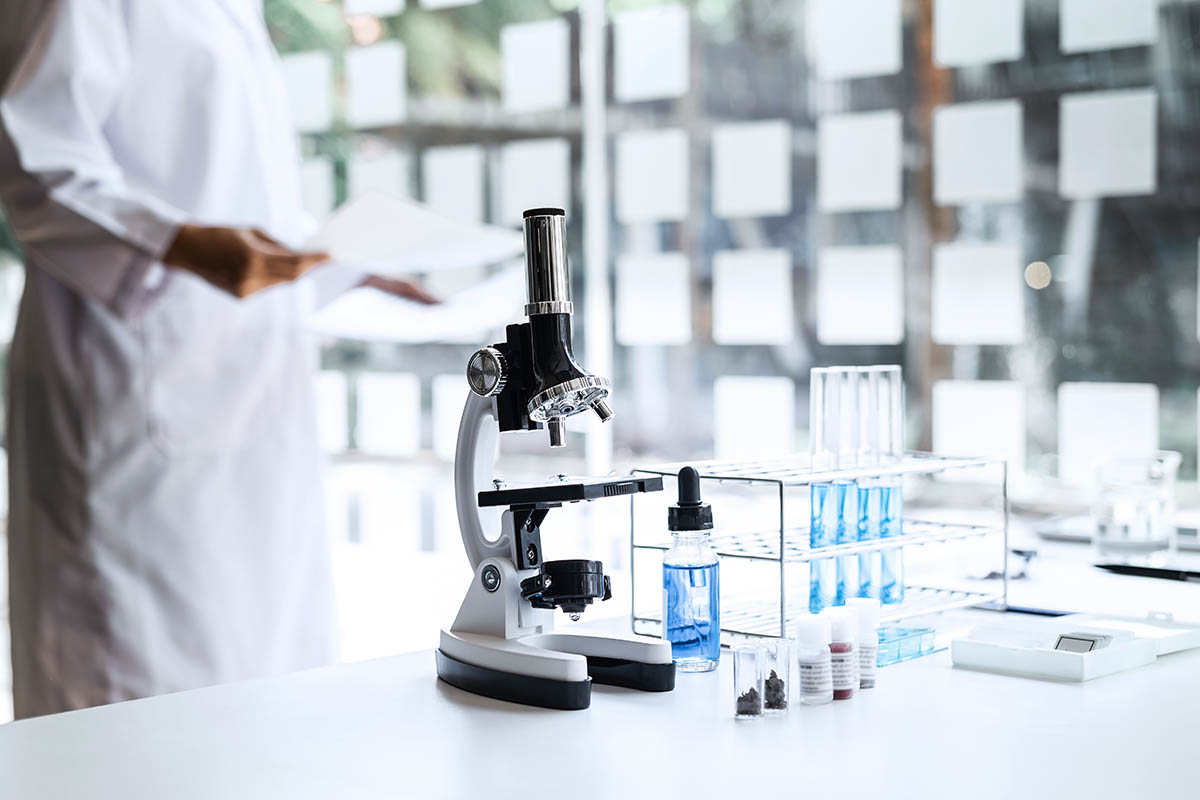Infertility—How to Know When It’s Time to Get Help
Many people get overwhelmed when they experience signs of infertility, and some couples understand the great pain of not being able to conceive during sexual intercourse. You may not know that male infertility—like erectile dysfunction—is more than a serious medical problem.
Male or female infertility often affects your relationship, and it can also negatively impact your emotional well-being. So what are the early signs of infertility in men or women, and how do you know when it’s time to get help? We can provide you with some answers here.
Signs of Infertility in Men
The following symptoms are often familiar to men with fertility issues. You may not have experienced all of the symptoms listed here, but if you notice that something is out of the ordinary about your health or sexual activity, it’s probably the right time to seek help.
Changes in sexual desire
When a hormonal imbalance causes a man’s infertility, there can be an extreme change in his sexual desire. Often, the pituitary glands or hypothalamus function incorrectly, resulting in infertility. Another disruption to a man’s hormones can happen from the overuse of substances like anabolic steroids. In addition, some forms of substance abuse can seriously affect a male’s sex drive and decrease his fertility.
Erectile Dysfunction (ED)
Another side effect of a man’s hormonal imbalance can often be erectile dysfunction. Extensive medical studies show up to 25% of infertile couples also experience the sexual dysfunction of ED. The causes of erectile dysfunction are wide-ranging and include mental health problems or other physical health issues. Whatever the reason, when a man becomes unable to get or keep an erection, there’s an increased risk that it will impact his fertility.
Physical changes to the testicles
It’s essential to be aware of the health of your testicles because it’s essential to your ability to conceive. For example, if you notice that your testicles have become smaller or firmer or that your testicles feel “tight,” it could be a symptom of a hormonal imbalance. The testicles can also be prone to infections that negatively impact sperm quality and fertility. Please seek medical treatment if your testicles are swollen or you feel pain or tenderness in the area.
Issues with sperm quality
Men with health concerns from diabetes to enlarged veins in the testes may suffer from poor sperm quality. In addition, if you’re experiencing premature ejaculation (PE) or have sustained an injury to your testicles, it may have impacted your sperm quality enough to cause fertility issues. Lastly, please be aware that smoking cigarettes or cannabis, excess drinking, and overexposure to heat from saunas or hot tubs can negatively impact sperm quality.
Other changes to the body
Sometimes, a man’s fertility problems are related to the lack of a sense of smell. For example, if you suffer from recurring respiratory infections or cannot smell properly, it’s an excellent time to seek a doctor’s opinion.
A hormonal condition called gynecomastia may cause a man’s breasts to grow abnormally. Also, if you notice less hair on your face or body, it could signal a hormonal imbalance. These are also things to discuss with a medical professional.
Signs of Infertility in Women
Women can be more in tune with physical changes to their bodies, and women should address the following symptoms with a medical professional if they’re concerned about female infertility.
Changes to hair growth
Polycystic ovary syndrome (PCOS) causes cysts to form on the ovaries, making a woman’s body produce excess male hormones. If your partner notices unusual hair growth on her face or upper body, it may be a warning sign of PCOS. But if your partner is losing scalp hair or its thinning, she could have thyroid issues, an autoimmune disorder, or anemia, which can worsen infertility.
Irregular periods
A woman’s cycle is considered average at 28 days long, but 21 to 35 days is still considered normal if the pattern is consistent. Fertility issues can occur when a woman’s cycle gets so unpredictable that she can’t track her next period. Irregular periods are often caused by hormonal problems with the thyroid (it can be a problem with hypo or hyper-functioning thyroids), PCOS, or hyperprolactinemia, affecting a woman’s fertility.
Pain and discomfort from heavy periods
If your partner has regular, painful cramping or heavy flow, it can signal endometriosis—a significant factor in infertility that causes tissue growth to accumulate outside the womb. Other symptoms of endometriosis include nausea, fatigue, back pain, pain with bowel movements, and chronic pelvic pain with or without her period.
Serious acne breakouts
Whether or not your partner had acne growing up, skin changes as an adult, like severe acne, can indicate a hormonal imbalance. It’s also an early warning sign of PCOS.
Weight gain
A healthy weight is crucial to a woman’s fertility. Unfortunately, obesity often results in being “subfertile,” making conception more complicated, and hormonal imbalances that cause issues like PCOS often increase obesity risks in women.
Painful sex
Some women have always experienced discomfort during sex, and they may think it’s normal. However, painful sex can signal an underlying problem, including endometriosis or pelvic inflammatory disease.
There Is Help for Female and Male Infertility
Between 15 to 20% of couples will experience an inability to conceive, with female infertility occurring at approximately 40% and male infertility occurring between 30 to 40%. Both partners can also present signs of infertility, which happens to 20 to 30% of infertile couples. You’re not alone if you have difficulties conceiving or if you or your partner get diagnosed with a fertility issue.
Medical specialists in sexual health like Cryos International are making tremendous advancements in fertility science and treatments. You may be experiencing infertility right now, but a proper diagnosis can improve your chances to conceive.






















